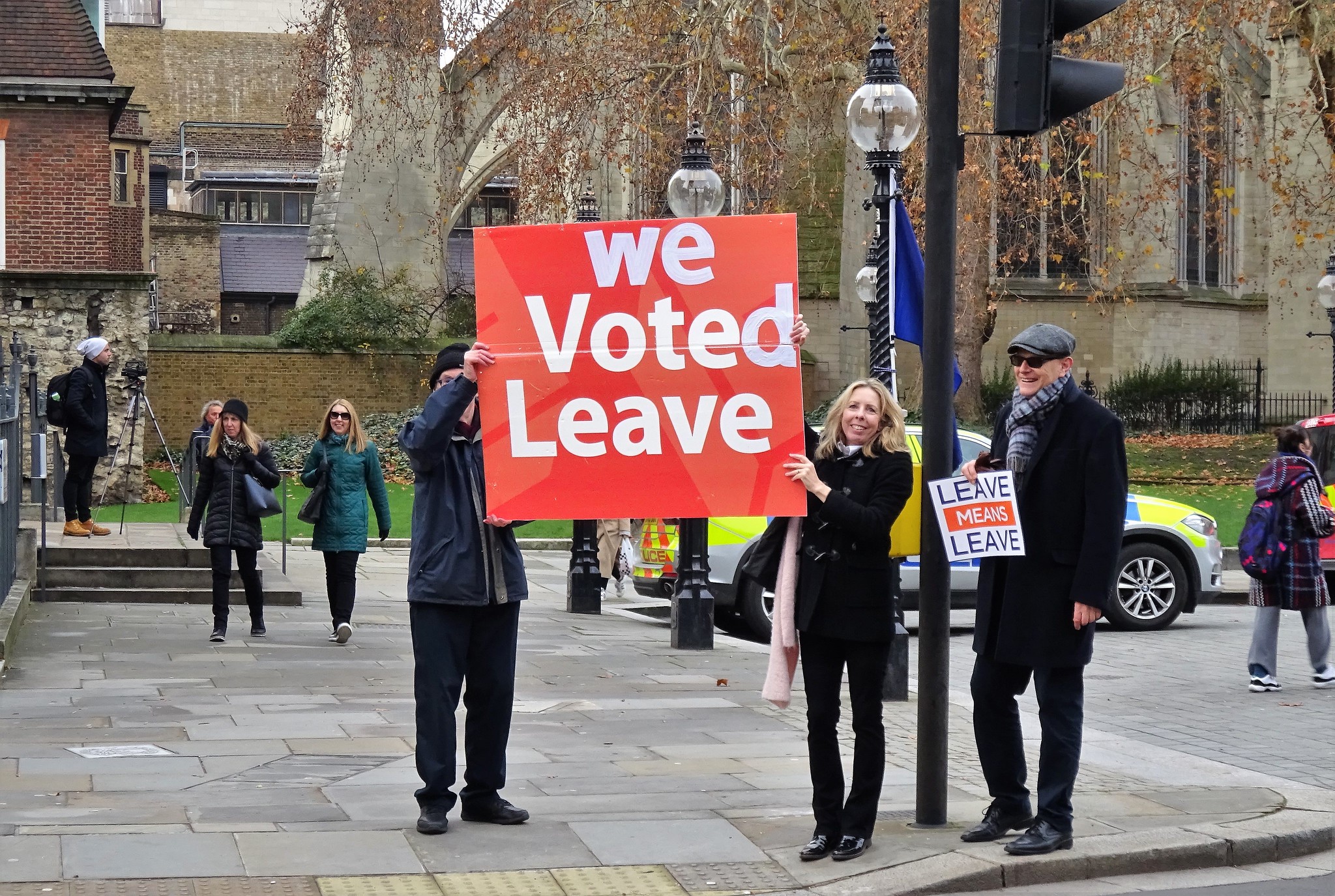Yesterday, voters in England and Northern Ireland voted in local council elections. The results of local elections are always interesting because people vote differently locally compared to nationally. Many feel more able to register a protest vote (perhaps for the Green Party or Ukip) if they object to how the main parties are conducting themselves, while others choose who to vote for purely on local issues; perhaps their existing councillor dealt with their complaints well, or their previous councillor responded poorly to a campaign they were involved in.
In yesterday’s vote, the theme across England was to punish the Conservatives. At time of writing, the Conservatives have lost 1,124 council seats, Labour has lost 102, the Liberal Democrats have gained 595, the Green Party has gained 163, and Ukip has lost 102. Independent candidates, who don’t stand for any particular political party, gained 539 seats.
While the Labour Party has lost significantly, it pales into insignificance compared to the Tories’ losses. To lose over 1000 seats is appalling and, even though some losses were expected and inevitable, such a scale must have shaken the party in its boots.
Theresa May’s stance on the matter, according to BBC News, was that this was an indication that we should just bloody well get on with Brexit. She saw the losses to her party as a reflection of people’s frustration with how the Tory party has handled the negotiations and, in that respect, she is probably to some degree correct. But the fact that the big winners in the elections – the Lib Dems and the Greens – are actively pro-remain suggests there is more to the story than that.
We are all sick of how the Tories have handled Brexit. Whether we want to leave or not (and I’m a firm ‘not’), they have stumbled and mumbled their way through embarrassing negotiations, shaming us all internationally and failing to achieve anything of substance. Labour’s lack of firm action – in either direction – has also been an immense frustration to both leavers and remainers. Many on the left, whether pro-Brexit or against, just want to know where Labour stands so that they can know whether or not they want to campaign for them and vote for them. Their fuzzying of the lines has endeared them to nobody.
So the remain parties came out shining – the Lib Dems’ numbers looked the best but, proportionally, the Greens did even better – and the leave parties (Conservatives and Ukip, predominantly) lost in high numbers. Ukip’s numbers may look like they’re the same as Labour’s losses but, again, like the Greens, it’s about proportions, and proportionally they were wiped off the map.
Does this mean the country is now solidly remain? I sadly doubt it. Brexit, while a huge issue on the national agenda, is not the only thing we care about. In my city, there has been years of debate about street trees, so Green gains and Labour (in charge while street trees were felled in huge numbers) losses took place, though not enough for Labour to lose its majority. A charismatic Green Lord Mayor for the last twelve months, plus increasing national concerns about environmental issues will also have prompted more Green votes than usual. More power to them.
Local elections attract concerns about everything from kerbside recycling collections to social care, and even on a street to street basis, individual concerns raise their determined heads.
A recent visit to the UK from environmental activist Greta Thunberg, as well as direct action by Extinction Rebellion have raised public awareness of environmental issues more than ever before. A climate emergency has been declared. So the Green Party’s gains across England will have been, at least in part, due to this increased consciousness of issues relating to the planet. The Greens are an obvious choice in that respect. Those voters with less of an environmental conscience, along with those who are perhaps more centrist than left-wing, would have voted for the Lib Dems, though the short memory required to do this pains me.
While points of view on whether we should leave or remain in the European Union no doubt played a role in the drastic losses of Conservative Party seats and the less drastic but still significant losses of Labour Party seats, I suspect that it is more both parties’ endless dithering and inability to move anything forward that put voters off. It’s not that people in England approve or don’t approve of their actions, it’s their inaction – and constant wavering – that stopped people from pencilling a cross in the Tory or Labour boxes on the ballot paper.
We don’t want fickle politicians. We want to know what somebody stands for and vote accordingly. When the main parties mess about and fail to take resolute action, they will see that reflected in any votes they take part in. And, assuming the European elections go ahead at the end of the month, potentially followed by a General Election, the main parties must learn from yesterday’s results if they are to avoid devastation at the polls.
Photo: David Holt

